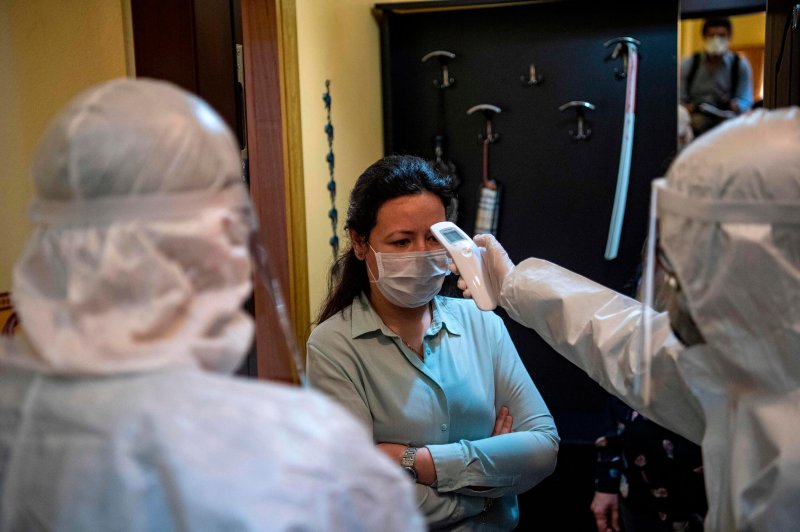We’ve learned an incredible amount about the novel coronavirus these last few months… But we’re still struggling to answer what may seem like the most pressing question of all: how deadly is it?
It’s a question that has driven heated debate about whether lockdown measures cause more harm than good, and about how we should reopen the country.
Here’s my take as an emergency physician: it doesn’t matter.
…
Mortality rates from other countries affected by the pandemic have added to confusion about how deadly the virus is. The rate is nearly 14 percent in Italy, but only 0.5 percent in Iceland. Germany stands at 4.5 percent, and South Korea is half that at 2.4 percent. The United States mortality rate is about 6 percent, slightly less than the global average of 6.8 percent.
This wide range doesn’t get us closer to a “true” mortality rate. Instead, it suggests something else that’s important: the virus’s lethality depends on a whole host of factors that are extrinsic to the virus itself. Put another way, even if we could count every single infection and every single death from the virus, without missing anyone, the risk of dying from the virus would still vary from country to country, city to city and person to person.
…
Wherever the mortality rates may settle, we have enough information to act responsibly, with carefully phased reopenings and robust testing and contact tracing.
We know enough to know that this virus is deadly serious.































